RESEARCH THEMES
RESEARCH Streams
SHORTCUTS
Want to know more about our research? Click here!
INTERDISCIPLINARY COURSES
Stockholm Resilience Centre offers interdisciplinary courses on first (Undergraduate), second (Master's) and third (PhD) levels of University education. Want to know more about our courses? Click here!
POLICY and Practice
Our engagement in science-policy-practice activities has increased steadily over the years and range from high-level UN dialogues to local resilience assessments. Want to know more about our policy work? Click here!

Resilience and vulnerability in the coupled carbon-climate-human system
Seminar with Michael Raupach, 23 September
1. The generic responses of climate and the carbon cycle to human influence: Under an exponentially growing forcing (such as CO2 emissions), the initial response of the carbon-climate system is also approximately exponential, with the same growth rate. This basic fact broadly explains many features of the current behavior of the system, including the near constancy of the CO2 airborne fraction and the near-linear relationship between cumulative emissions and warming (the basis of the "carbon budget" approach to setting climate mitigation targets). However, these linear relationships are vulnerable to breakdown in future as the system is disturbed progressively more. Such breakdowns - some of which are observed already - provide one measure of the global vulnerability of the Earth System to anthropogenic disturbance.
2. The role of narrative in shaping human-environment interactions: Natural science (as in the first part of this talk) is only one of the worldviews shaping the evolution of Planet Earth and its human crew: equally important in the present epoch are human behaviours and the forces that shape them. It may be useful to see these behaviours as guided by "narratives" (deep stories empowering actions) that are governed by the evolutionary mechanisms of diversification, selection and adaptation, akin to natural evolution. In shaping our shared future, the evolutionary contest between "expansion" and "sustenance" narratives is just as important as the dynamics of the natural world.
About Michael Raupach
Michael Raupach works on Earth System science, carbon-climate-human interactions, land-air interactions, and fluid mechanics. He is based at CSIRO Marine and Atmospheric Research. He is a Fellow of the Australian Academy of Science, the Australian Academy of Technological Sciences and Engineering, the American Geophysical Union, and a CSIRO Fellow. From 2000 to 2008 he was an inaugural co-chair of the Global Carbon Project, an international project studying the natural and human influences on the global carbon cycle, and the interaction of the carbon cycle with climate.
Relevant references
Raupach, M.R. (2013). The exponential eigenmodes of the carbon-climate system, and their implications for ratios of responses to forcings. Earth System Dynamics 4, 31-49. doi:10.5194/esd-4-31-2013 (http://www.earth-syst-dynam.net/4/31/2013/esd-4-31-2013.html)
Raupach, M.R., McMichael, A.J., Alford, K., Cork, S., Finnigan, J.J., Fulton, E.A., Grigg, N., Jones, R., Leves, F., Manderson, L., Walker, B.H. (2013). Living scenarios for Australia as an adaptive system. In: Negotiating Our Future: Living scenarios for Australia to 2050, Vol. 1. (eds. Raupach, M.R., McMichael, A.J., Finnigan, J.J., Manderson, L., Walker, B.H.) (Australian Academy of Science), 1-53. (http://www.science.org.au/policy/australia-2050/)
Raupach, M.R. (2013). The evolutionary nature of narratives about expansion and sustenance. In: Negotiating Our Future: Living scenarios for Australia to 2050, Vol. 2. (eds. Raupach, M.R., McMichael, A.J., Finnigan, J.J., Manderson, L., Walker, B.H.). (Australian Academy of Science), 201-213. (http://www.science.org.au/policy/australia-2050/)

Stockholm Resilience Centre
Stockholm University, Kräftriket 2B
SE-10691
Phone: +46 8 674 70 70
info@stockholmresilience.su.se
Organisation number: 202100-3062
VAT No: SE202100306201



